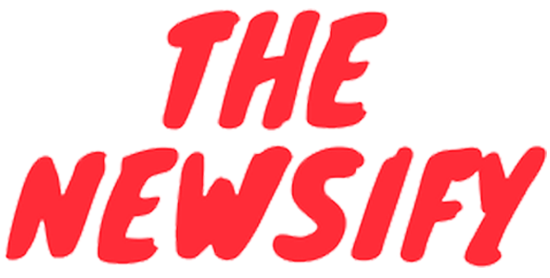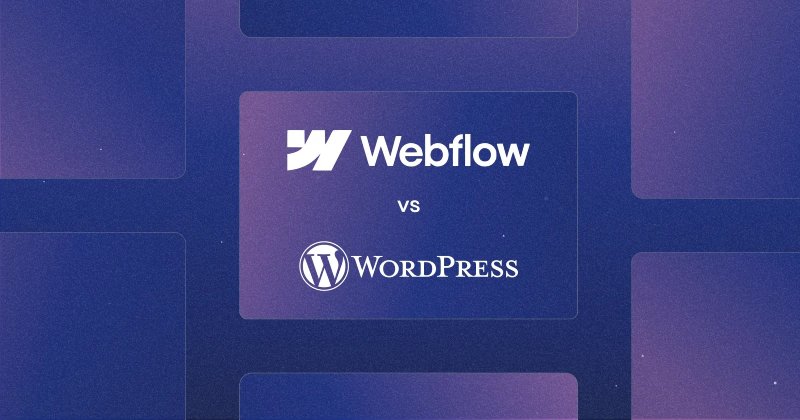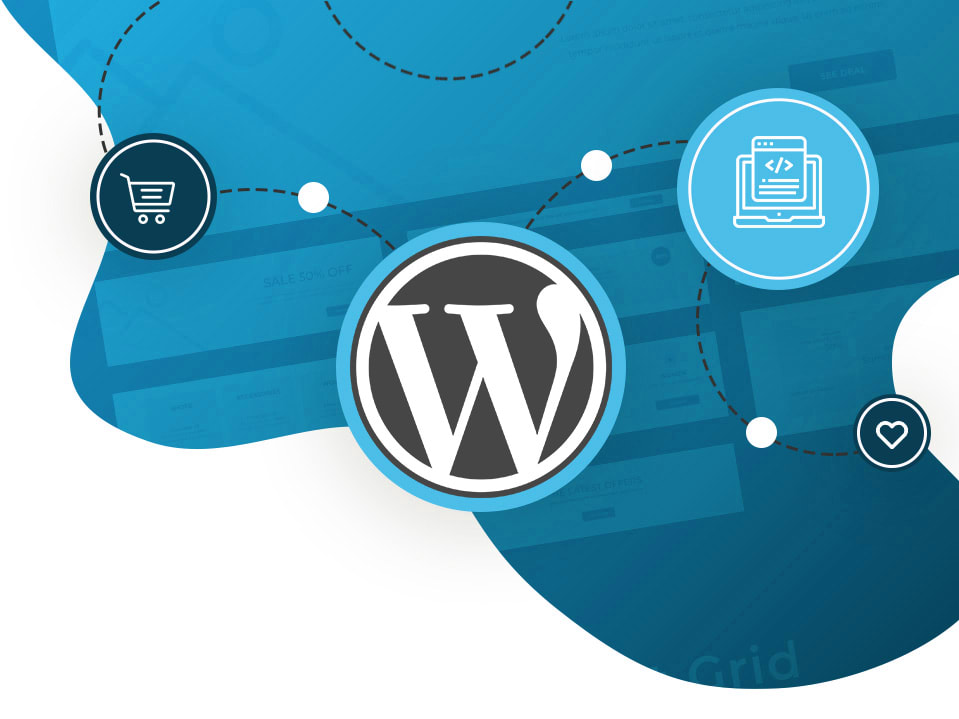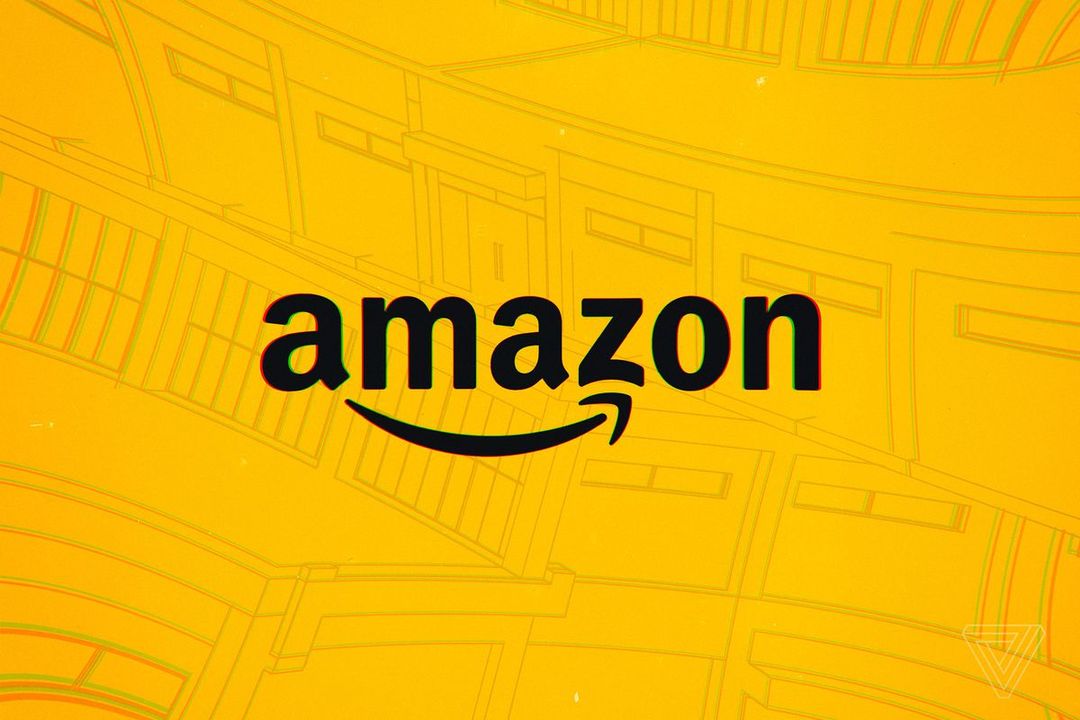Website development is no longer a luxury but a necessity that is addressed by every business possible around us. However, when it comes to building websites there is a glut of development platforms in the market for WordPress CMS development services, but the two most sizzling platforms are- Webflow and WordPress.
These two platforms are unique in their ways with robust capabilities and features, but give a confusing background to the businesses when it comes to selecting the best out of either. This has been a question of debate, but to satiate this moot point with valid logical reasons, we have brought you this post today.
Are you ready to explore it further???
Let’s get started…
Webflow VS WordPress
Website development has become a ubiquitous fact that is endorsed by every business. On looking closely we find these two platforms have gained significant popularity in the industry due to their user-friendly interfaces. On one side, Webflow is known for its intuitive visual editor, which enables web development without any coding knowledge.
On the other side, WordPress is highly popular due to its extensive plugin library and vast community support. But despite having a glut of benefits, these two platforms always confuse businesses that which one is right for them.
Are you puzzled too???
Fret not!
In this blog read, we have covered every point of these two platforms to help you make the right decision.
Let’s find out together
Webflow: An Overview
It is a powerful platform with a significant opportunity to build a unique website which gives them the capability to stand out from the crowd. It offers a user-friendly interface and extensive design options so developers can customize their end-product to match their brand image and spread it across the targeted audience.
Features of Webflow
- Visual Editor: With a visual editor feature, users can create and edit their website design visually. It offers an intuitive drag-and-drop interface enabling users to easily add elements such as text, images, and buttons to their web pages. The real-time preview feature allows users to see their changes instantly, making the design process efficient and seamless.
- Pre-built Components: It offers a library of pre-built components to help users streamline their design process. It saves time and effort by utilizing ready-made elements instead of creating them from scratch.
- Custom Components: With Webflow, it becomes easy to create custom components that can be easily reused across multiple pages of the website. This feature not only saves time and effort but also ensures consistency in design and functionality.
- Responsive Design: It allows designers to design and build websites that are not only visually appealing but also fully responsive and optimized for multiple devices.
- CMS: It allows users to update text, images, and other elements on the site with just a few clicks. With its user-friendly interface a streamlined process for making updates, ensuring that website content stays fresh and relevant.
- Hosting: It not only allows building websites but also offers hosting services for those websites. It comes packed with hosting services and the provision of SSL certificates. As we all know, these certificates ensure that the data transmitted between the website and its visitors is encrypted and secure.
WordPress: an Overview
It is one of the most popular platforms with an incredible set of themes and plugins to offer, ensuring to build of web solutions match business needs. It has a unique and user-friendly interface that comes with customizable options so businesses can have a professional-looking website. It has marked a global presence across the globe with functional and visually appealing websites for businesses of any size and vertical.
Features of WordPress
- Customizable Themes: There are thousands of customizable themes that users can choose from to create a unique website design. With these themes, users can cover a wide range of industries and styles so a website can be designed and developed aesthetically.
- Plugins: It offers a vast library of plugins allowing users to add features and functionality to their websites. With these plugins, users can access a wide range of options, from simple tools that enhance the site’s appearance to complex tools that improve functionality.
- Custom Fields: These custom fields allow users to tailor their website to their specific needs and showcase information relevant to their audience.
- User Management: This feature is especially useful for businesses or organizations that have multiple employees or contributors working on their website. It allows enterprises to assign specific roles to different users ensuring that each user has the appropriate level of access and editing capabilities.
Similarities & Differences between Webflow & WordPress
Similarities
These two platforms offer striking similarities, such as:
- Content Management System: A surprising fact suggests that these two platforms offer a content management system that allows webflow development agencies to manage their website content easily.
- Customization: There is a customization ability in these two platforms so developers can easily customize website design and functionality. They can integrate pre-built templates or conduct custom coding as per their preferred choice.
- SEO: The SEO part is applicable on both of these platforms and offers immense functionalities to improve website visibility in search engine results. These platforms come packed with integrated social media sharing capabilities, so businesses can promote their website content with a vast audience reach.
- Third-party Integrations: Third-party integration is available for these two platforms. With these 3rd party tools, it becomes easier for users to access valuable data and insights about their website traffic and audience engagement. At the same time, it helps streamline email marketing campaigns when they run for a larger audience to gain attention.
- eCommerce: There are a range of e-commerce features offered by both these platforms. The features include inventory management, secure payment processing, and customizable storefront templates.
- Differences: Yes, despite having a range of similarities, there are significant differences as well between these two platforms, such as:
- Hosting: With the hosting services, Webflow excels here! It enables developers to host services for websites built on their platform, and they no longer need to find a hosting provider. On the flip side, WordPress requires a hosting service for a unique URL. Developers need to find a hosting platform with an annual fee and that adds one more step into development.
- Learning Curve: You would be surprised to know that Webflow comes packed with a complex learning curve compared to WordPress. Developers need to possess knowledge in design & development before diving into it. WordPress is easier to learn, and any non-technical individual can easily work on it. It offers a seamless interface and easy guidelines making it super comfortable to work with it.
- Pricing: With Webflow, you get a vast range of pricing tiers that can be picked with your budget constraints in mind. The pricing range varies based on the size & features required in the website, and complex features lead to expansive pricing plans. On the other hand, WordPress is free with larger themes and plugins to be picked. There are paid options also available, but the free plans make it the right choice for businesses with a tight budget line.
Who Wins the Battle: Webflow or WordPress
Hmm, it is the most asked question, and the answer suggests the final call of the platform choice depends largely on your business’s needs and goals. Yes, you heard it right and strong!
In selecting the right platform there are multiple factors to be considered by keeping the result in your mind, that it must align with your specific business requirements. It can be an e-commerce solution or a simple CMS platform for a website the option to build it can be any, but evaluate your business needs diligently.
Conclusion
Both WordPress and Webflow have their pros and cons which set them apart from each other. When you hire a web flow development agency, you must take a strong note of your users’ needs addressed by the selected platform. To make the most out of these platforms, it is essential to evaluate every single factor that is involved in building a scalable, customized solution with robust security features that meet your users’ expectations from your offered services.













Leave a Reply